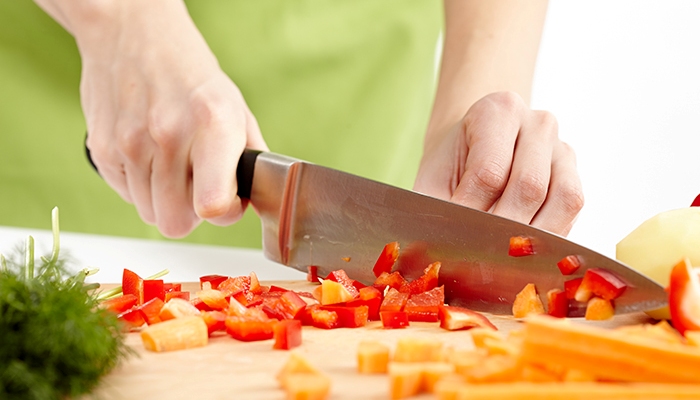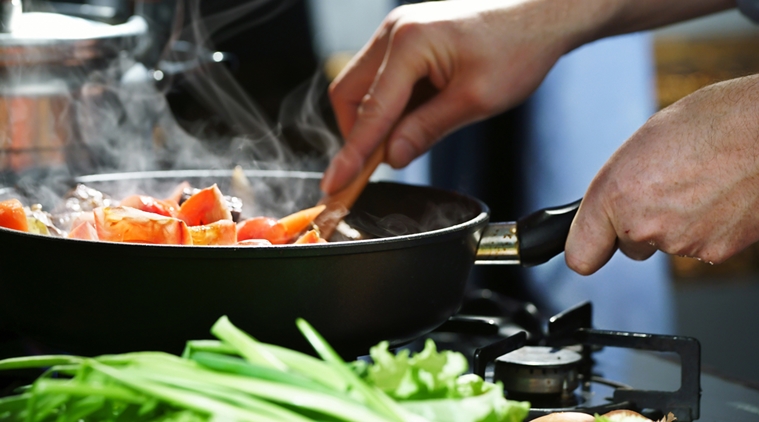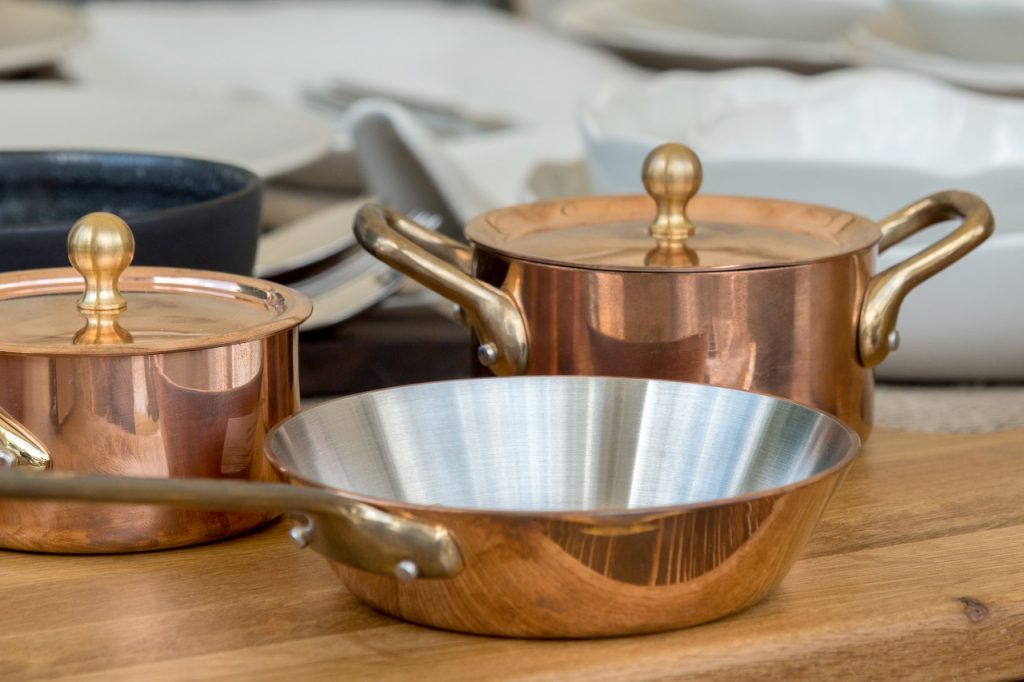
We try different methods of cooking- boiling, sauteing, frying, grilling etc. Everyone has their own unique way of preparing a particular dish. Isn’t it? We never realize why one is following particular steps for cooking as compared to the other. Ever thought about nutrient losses that might be occurring while cooking?
I thought of writing this blog as I have seen my “cook” cooking in some different ways wherein you will end up losing all nutrients. I am sure many of us might be doing the same unknowingly.
Here are 10 simple tips which will help you retain nutrients while cooking. So that you can ensure highly nutritious food being served to your loved ones.
- When peeling the skin of vegetables do peel as thinly as possible. The nutrients in vegetables and fruits are concentrated just below the skin, so peeling before boiling increases the loss of Vitamin C, Folic Acid and other B vitamins. The peels of carrot, radish, gourd and ginger can be scraped instead of peeling. Peel only when absolutely necessary.
- Do not cut vegetables into very small cubes as the surface area of vegetable increases that comes in contact with oxygen, destroying more
- Don’t soak vegetables in water to prevent discoloration-Almost 40% of water-soluble vitamins and minerals are lost in the water. If you must soak, use up the soaking water to knead the dough, prepare soups and gravies
- Salads should be prepared just before serving and should be served in closed dishes to avoid excessive exposure to air.
- Do not throw away the excess water drained after boiling rice or vegetables. When preparing cottage cheese, the water left over after curdling (called whey)-is extremely rich in good quality proteins and vitamins and should be used up in preparing gravies, kneading dough or simply had as a refreshing drink after flavouring with lemon juice, salt and pepper.
- Do not keep milk open or exposed to light, as a considerable destruction of riboflavin can occur.
- It is preferable to cook vegetables in a minimum amount of water keeping the vessel covered and to consume it as soon as possible. Reheating cooked vegetables further destroys vitamins.
- Root vegetables should be boiled with skins on and then peeled after boiling. This helps the nutrients to migrate to the centre of the vegetables, helping better retention of its nutrients. Do eat with skin on whenever possible.
- Baking soda makes cooking water alkaline and thus helps retain the colour of vegetables as well as speed up the cooking process, BUT it destroys thiamine and vitamin C.
- Deep frying and heating for a long time or heating at a high temperature should be avoided during cooking. If food material is heated above 700 C for a long duration, proteins become hard and coagulated. In this form, they are not easily absorbed by the body. Thus, overcooking results in loss of precious nutrients.
Do ensure you try these tips and make your food nutritious. Since Healthy food = Healthy you. These insightful cooking tips empower you to create meals that are not only delicious but also rich in essential nutrients. By adopting a mindful approach to cooking, you can preserve the goodness in every bite, contributing to a healthier and more balanced life. Share your thoughts in the comments below, and find more articles on Nutrition here. For further information or guidance, reach out to our certified experts by subscribing to GOQii’s Personalised Health Coaching here.
#BeTheForce

 If cooking is an art, then the utensils are the canvas. With different cuisines in our country, even the variety of utensils are different – each has its own use. This makes it essential to know how the metals react to different foods. While we’re busy choosing fancy non-stick cookware or microwave friendly utensils, we need to understand that they aren’t safe as they can harm your health in the long run. Back in the day, clay pots, iron, brass and bronze utensils were used for cooking as they not only preserved the nutrients in food but also enhanced the taste.
If cooking is an art, then the utensils are the canvas. With different cuisines in our country, even the variety of utensils are different – each has its own use. This makes it essential to know how the metals react to different foods. While we’re busy choosing fancy non-stick cookware or microwave friendly utensils, we need to understand that they aren’t safe as they can harm your health in the long run. Back in the day, clay pots, iron, brass and bronze utensils were used for cooking as they not only preserved the nutrients in food but also enhanced the taste.


